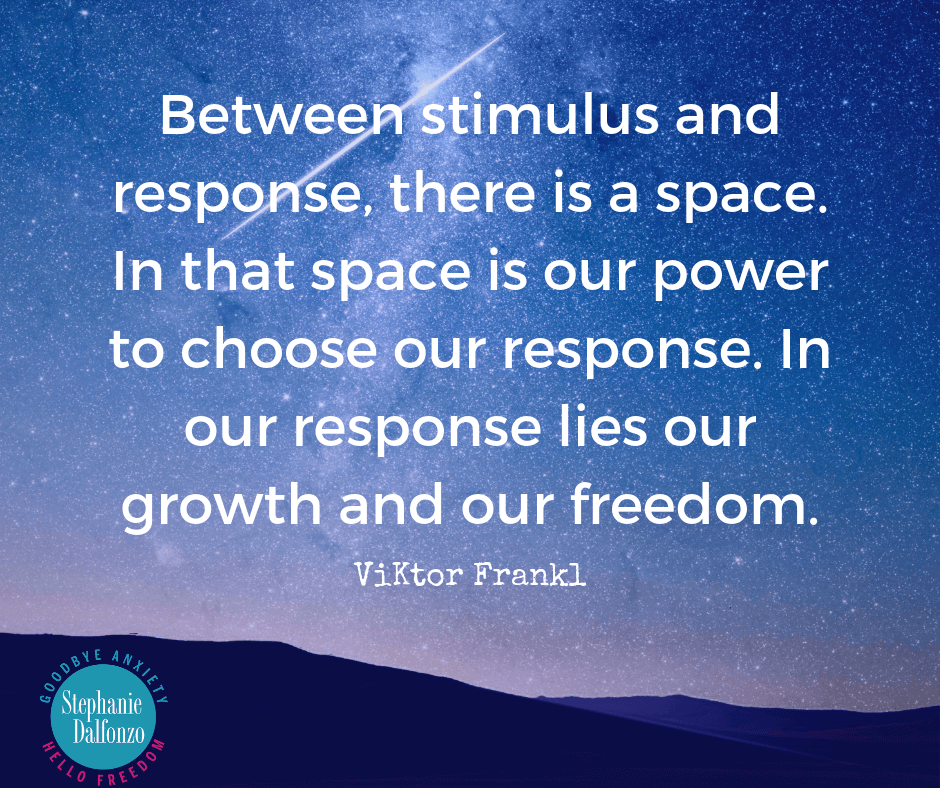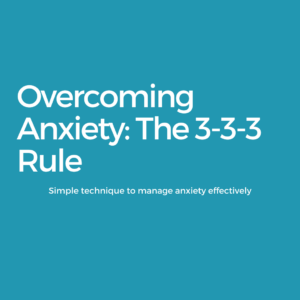May is Mental Health Awareness Month.
“Americans’ Stress, Worry and Anger Intensified in 2018.” This was a recent headline from a Gallup News Organization study, with 55% of Americans reporting they experienced stress a lot the day before!
Mental Health Awareness Month isn’t just about “diagnosed” mental health conditions. It is truly about all aspects of our emotional well being. Most of us were not raised learning “emotional hygiene” as the Dalai Lama calls it. I was raised in a house where if I was crying, it was usually met with “quit crying or I’ll really give you something to cry about.” I know I’m not alone. Here’s a super simple way to feel INSTANT CALM.
I didn’t realize I had struggled with anxiety my entire life, until just over 20 years ago when I lost my s**t on a bag of Cheetos. TRUE story: you can read about my embarrassing wake up call here.
The thing is, many of us don’t realize that we are struggling and that there are subtle clues that can show us we can be taking much better care of our emotional wellness.
Subtle Ways Anxiety Shows Up…
- Anger. Oftentimes when we feel anxious, it comes out as anger. It feels like a release as we are focusing on someone or something outside of ourselves, rather than our anxiety. Anger also feels like something we can control, as opposed to feeling out of control with anxiety. Back in my “Cheetos Days”, I was desperate to try and control everyone and everything because I felt so out of control.
- Hypersensitive to loud noises and voices. Those of us who grew up in chaotic and dysfunctional homes can be hypersensitive to loud noises and voices because they trigger us back to childhood when those noises or voices could signal real danger. That triggers the “fight or flight” syndrome, which in turns send the stress hormones cortisol and adrenaline flooding throughout our bodies. When we repeat this over and over again, we tend to take longer to “re-set” and calm down again.
- Irritability. According to a recent research study, 90% of respondents reported feeling highly irritable when their anxiety was at its peak. Back in the worst days of me trying to “cope with” or manage my anxiety, just about anything could set me off. I was irritable at kids laughing and playing in the cul-de-sac!
- Rambling or talking too fast. Many times, when we are feeling anxiety, we try to cover it up by rambling or talking too fast; thinking that somehow if we can just keep talking, we won’t fall apart and others won’t see our anxiety.
- Stomach and Gastrointestinal issues. Research has proven the gut-brain connection and that the gut has the largest areas of nerves outside the brain! I didn’t understand why my acupuncturist would always ask about my bowel movements. If you are experiencing stomach or gastrointestinal distress, it’s a clear signal to find support to help with your mental health.
- Controlling behaviors. Back in my “Cheetos Days”, I kept an immaculate house, because I felt so out of control and it was the one thing I felt like I could control. (I no longer keep an immaculate house and offer no apologies!) When we struggle with anxiety, consumed with worries and fears and feeling so out of control, trying to control everything and everyone gives us a sense of power.
- Excessive worry. In the anxious times we are living in, there are some very valid things to worry about. However, when we are constantly worrying about everything, it’s time to take a look in the mirror and see if it’s time to get support. I used to worry about my kids at school, worry that my husband’s plane was going to crash, what if he lost his job, what if we lost our home, and on and on. My husband told me to stop, because 95% of what I worried about never came true. In hindsight, I see he was right, but when you’re in the grips of anxiety it’s almost impossible to see.
Getting Support During Mental Health Awareness Month
The first step to any behavior change is awareness. If you recognize yourself in any of the above, I would encourage you to begin to bring a bit more awareness (without judging yourself!) to what is actually going on in your life.
Begin with baby steps! I think we can all agree that we cannot control what is going on around us.We CAN, however, choose whether to react or respond to events and experiences. We have built up the habit of reacting and neuroscience has proven that those habitual reactions are happening in the brain over and over again, The good news is that the researchers have also discovered that our brains are still malleable throughout adulthood! Which means that we CAN change those old habits and create new healthy habits! Dr. Joe Dispenza talks about “Breaking the Habit of Being Yourself.”
Just like when we want to learn a new sport or how to play a musical instrument, we need to practice, practice and practice again; we need to practice profoundly simple and simply profound strategies and techniques to calm stress, overwhelm and anxiety. I literally wrote the book on it!
That may be enough to get you going, but I knew I needed to get help from others to overcome my childhood trauma. The Adverse Childhood Experiences (ACEs) research study proved that the more childhood trauma you experience, the greater likelihood that you will experience emotional and physical health issues in adulthood. Take the quiz here, and if you score four or more, please get support to overcome childhood trauma and THRIVE! It would be my honor and privilege to be that support for you.
I have worked with world class coaches, healers and neuroscience experts and want you to get the healing support you deserve!
Are you ready to experience freedom from the past and embrace what’s possible? Click here for a free 15 minute consultation.



